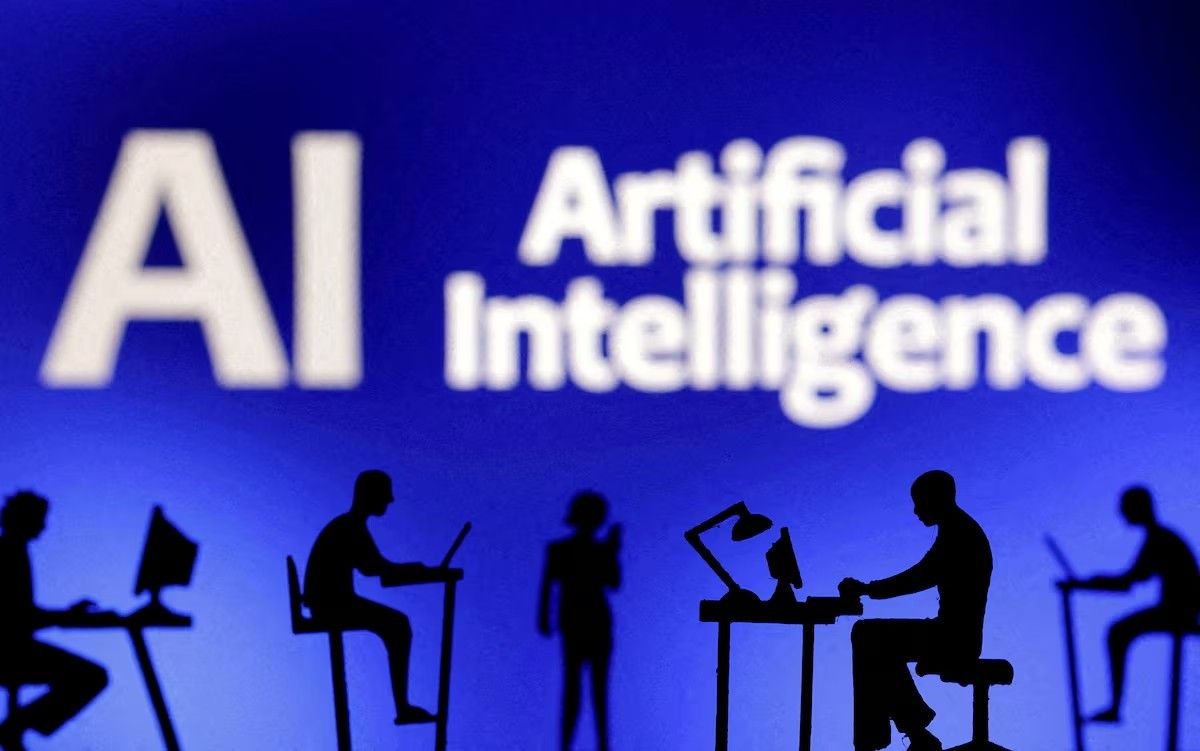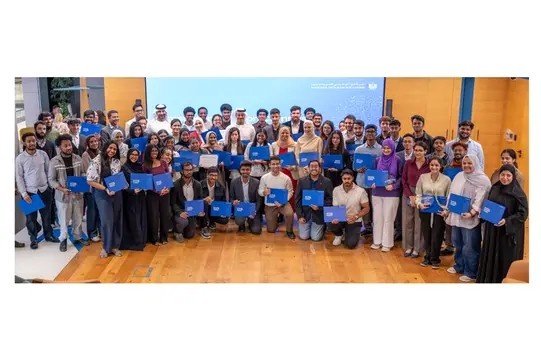The United Arab Emirates (UAE) unveiled Falcon Arabic, a cutting-edge Arabic language artificial intelligence (AI) model developed by Abu Dhabi’s Advanced Technology Research Council (ATRC), marking a significant step in the Gulf’s accelerated competition to lead in AI technologies. Falcon Arabic is designed to capture the rich linguistic diversity of the Arab world using a high-quality, native Arabic dataset rather than translated text, enabling it to perform at levels comparable to models up to ten times its size.
This launch aligns with the UAE’s broader ambition to become a global AI powerhouse, backed by billions in investment and strong strategic ties with the United States. During a recent visit by former U.S. President Donald Trump, an AI agreement was signed that opens the door for the UAE to access advanced AI semiconductors from U.S. firms—a major boost for the country’s technological advancement.
Faisal Al Bannai, ATRC Secretary General, emphasized that leadership in AI today is less about sheer scale and more about delivering powerful, accessible, and universal tools. In addition to Falcon Arabic, ATRC introduced Falcon H1, a model that outperforms offerings from major tech giants like Meta and Alibaba, while significantly lowering the computing power and technical expertise needed to operate advanced AI systems.
AI development has also been a focal point in neighboring Saudi Arabia, where the government recently launched a dedicated company to develop AI technologies and infrastructure. Saudi Arabia aims to offer one of the world’s most powerful multimodal Arabic large language models, reinforcing the Gulf’s growing status as a regional hub for AI innovation beyond the U.S.
The UAE’s Falcon Arabic model and related initiatives demonstrate the region’s determination to harness AI’s transformative potential, positioning the Gulf at the forefront of emerging technologies on the global stage.















